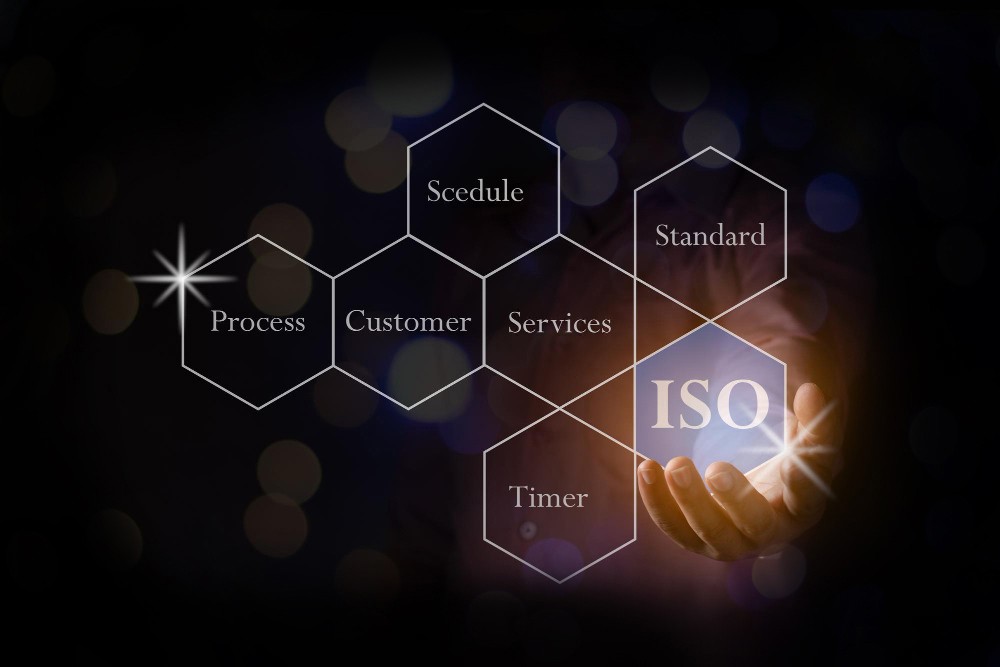
Experience
Hassle-free Compliance with "RNS IntelliShield"
RNS has highly-experienced squad of 10+ ISO advisors with more than 100 years of expertise in this field, supporting a various series of customers in the implementation and efficient use of effective management systems.
We are a team of qualified ISO consultants who have their own specific industry knowledge and expertise supporting micro-businesses and multi-national organisations with their ISO requirements. Whether you are completely new to this and require a full system implementation or an established company looking for additional support with recertification, internal audits, process training, first aid in the workplace training etc our friendly expert staff are available to support you.
We provide support, advice and guidance with the creation, implementation and auditing of management systems aligned to the requirements of the ISO standards.
We trust in embracing a collaborative, supportive tactic where our clients can receive as much backing as they need. We shorten the entire procedure, guaranteeing it remains straight-forward and stress-free for you throughout.

RNS can offer ISO standards for a wide range of certifications, some examples include
- ISO 9001:2015
- ISO/IEC 27001:2013
- ISO/IEC 27001:2022
- ISO/IEC 27002:2022
- ISO/IEC 27701:2019
- ISO 22301:2019
- ISO/IEC 20000-1:2018
- ISO 14001:2015
- ISO 45001:2018
- ISO 13485:2016
- ISO 41001:2018
- ISO 20400:2017
- ISO 28000:2007
- ISO/IEC 21823-1:2019
- ISO/IEC 30161 1:2020
- ISO/IEC 33020:2019
- ISO 31000:2018
- ISO 56002:2019
RNS can offer ISO standards for a wide range of certifications, some examples include
What Makes Us Different?
3. Simple and Efficient
Our professional consultants help organisations implement management systems that are simple in nature and easily adaptable within your organization.
At RNS, our expertise is to help our clients develop, implement, certify and maintain their management system through a hassle-free process and with a value-for-money service.
Our consultant will identify where your business is currently, what needs to be improved to reach your intended goal and how many days of consultancy would be required.
Whatever your requirements are, get in touch, explore our website and discover, effective, friendly team that can help you move towards accreditation today.
For more information kindly contact [Email id] so we can connect for the additional analysis.
